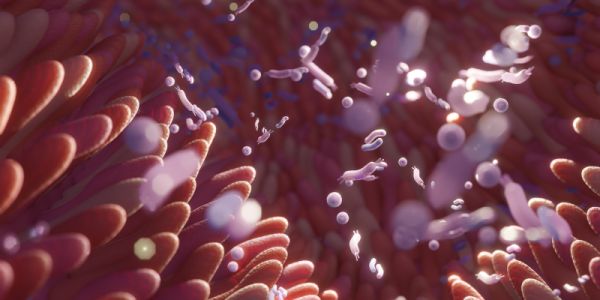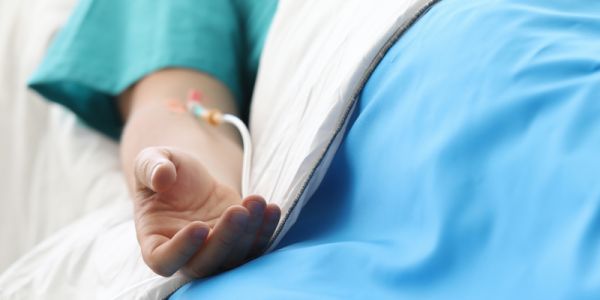
Penicillin allergy testing needed to fight antibiotic resistance
Removing incorrect penicillin allergy labels on GP records could combat antibiotic resistance and save lives, an NIHR-funded clinical trial led by the University of Leeds has found.

Removing incorrect penicillin allergy labels on GP records could combat antibiotic resistance and save lives, an NIHR-funded clinical trial led by the University of Leeds has found.

The University of Leeds has strengthened its presence in India with a series of collaborations across the country.

Researchers in the UK and India are working in partnership to address an urgent need to stop dentists over-prescribing antibiotics.

Changes in the gut microbiome before rheumatoid arthritis is developed could provide a window of opportunity for preventative treatments, new research suggests.

Governments around the world must do more to tackle the growing threat of drug-resistant infections, new research suggests.

Hospital patients who develop infections where 10% of sufferers die will be offered double the traditional course of antibiotics in a new trial.

A collection of essays exploring how Leeds research is helping to change the world has been launched by the University’s Vice-Chancellor.

New research has identified a way of using nanoclusters to bolster waning antibiotics.

The University has partnered with the World Health Organisation to create a global strategy to protect populations against future threats such as the COVID-19 pandemic.

The University of Leeds has secured part of a new £147 million research initiative to work with developing nations on the world's biggest challenges.